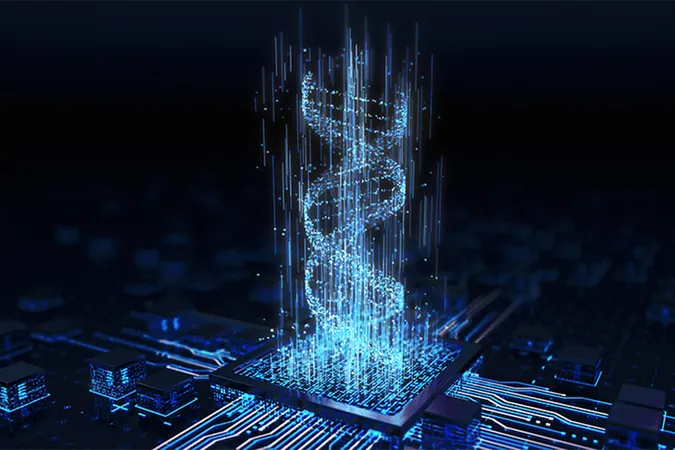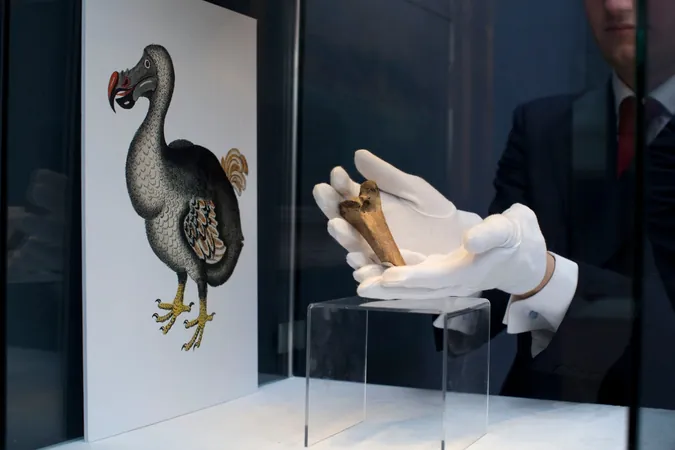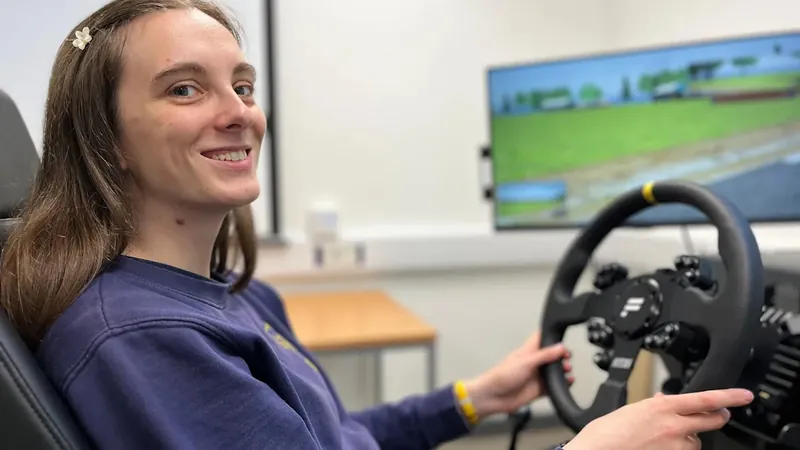
Revolutionizing Biomedical Research: How AI is Set to Transform Cellular Insights
2025-07-14
Author: Emma
Unlocking the Secrets of Cells with AI
A groundbreaking vision from researchers at the Toronto General Hospital Research Institute is set to reshape our understanding of cellular biology through the power of artificial intelligence (AI). In a recent article published in Nature, these scientists detailed how AI could revolutionize the exploration of cellular mechanisms.
As large-scale genomic and proteomic studies generate an avalanche of biological data, the need for sophisticated analytical tools has never been greater. Enter 'multimodal foundation models' (MFMs), inspired by advanced language models like ChatGPT. These cutting-edge AI systems are designed to simultaneously analyze various types of information—text, images, numbers—providing a comprehensive approach to biological data.
What Are Multimodal Foundation Models?
MFMs can be trained on a myriad of data, including DNA, RNA, proteins, and even the spatial organization of cells. This capability promises to enhance researchers' ability to predict cell functions, identify gene roles, and gain insights into gene regulation across various tissues and disease states.
Dr. Bo Wang, the Chief AI Scientist at UHN and a prominent figure in the study, along with his colleague Dr. Haotian Cui, emphasizes the potential of these models. By breaking down complex biological data into manageable snippets—similar to how language models interpret individual words—AI can grasp intricate relationships among genes while also painting a broader picture of cellular interactions.
Challenges Ahead: The Road to AI Integration
While the prospects are exciting, developing these powerful AI models comes with hurdles. They demand vast amounts of high-quality data and significant computational resources. Moreover, concerns such as 'hallucination'—where AI generates plausible but incorrect information—remain a pressing issue.
Despite these challenges, Dr. Wang and his team, including Dr. Fabian J. Theis, a leading expert in computational biology, are determined to create versatile models capable of multitasking—from simulating gene activity to predicting how cells react to genetic alterations or drug treatment.
A New Era in Biomedical Research Awaits
This innovative approach is poised to usher in a new era in biomedical research, significantly enhancing our ability to decode the complexities of life. With generous support from donors to the UHN Foundation backing their work, the researchers are on the brink of potentially transformative advancements in our understanding of health and disease.









 Brasil (PT)
Brasil (PT)
 Canada (EN)
Canada (EN)
 Chile (ES)
Chile (ES)
 Česko (CS)
Česko (CS)
 대한민국 (KO)
대한민국 (KO)
 España (ES)
España (ES)
 France (FR)
France (FR)
 Hong Kong (EN)
Hong Kong (EN)
 Italia (IT)
Italia (IT)
 日本 (JA)
日本 (JA)
 Magyarország (HU)
Magyarország (HU)
 Norge (NO)
Norge (NO)
 Polska (PL)
Polska (PL)
 Schweiz (DE)
Schweiz (DE)
 Singapore (EN)
Singapore (EN)
 Sverige (SV)
Sverige (SV)
 Suomi (FI)
Suomi (FI)
 Türkiye (TR)
Türkiye (TR)
 الإمارات العربية المتحدة (AR)
الإمارات العربية المتحدة (AR)